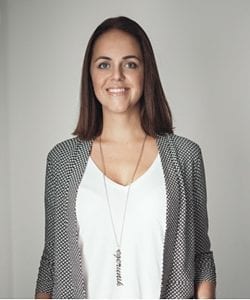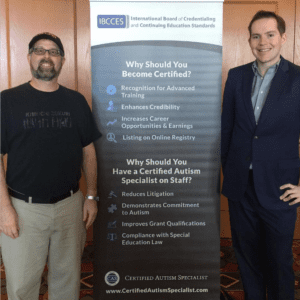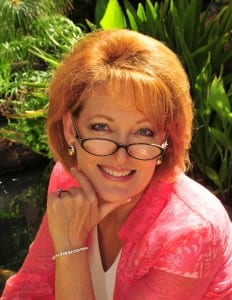
IBCCES is happy to recognize the first Advanced Certified Autism Certificate holder in Nigeria! Ajimisogbe John Temidayo works at Nobelova Gradani and The Lagos Teaching hospital Nigeria as a neuro-developmental specialist and recently completely the IBCCES Advanced ABA Training Program to earn the AAC designation.
“There is no greater feeling than been able to work with children with neurodevelopmental disorders and to attain great and remarkable functional success,” said Temidayo. “These lovely children were misunderstood because of who they found themselves to be, but exceeding joy comes from giving them and their families and friends well wishes and hope, and enabling them to have and live a better quality of life. The AAC is makes me more than adequate to achieve anything.”
APR
 By Donna Sigurðardóttir, founder of I am UNIK
By Donna Sigurðardóttir, founder of I am UNIK By Kerry Magro, Self-Advocate, National Speaker, and Author
By Kerry Magro, Self-Advocate, National Speaker, and Author When I first met Stephen it was at an Autism Society of America conference. He immediately befriended me and wanted to get to know me better. After our first meeting I’d go on to read several of his books and later would be able to contribute a chapter to a book he co-authored called
When I first met Stephen it was at an Autism Society of America conference. He immediately befriended me and wanted to get to know me better. After our first meeting I’d go on to read several of his books and later would be able to contribute a chapter to a book he co-authored called 
 By Carol S. Weinman, Esq., Autism Legal Specialist
By Carol S. Weinman, Esq., Autism Legal Specialist![Elayne_And_Heidi_In_White_Touched-up[1]](http://www.certifiedautismspecialist.com/wp-content/uploads/2017/03/Elayne_And_Heidi_In_White_Touched-up1-232x300.jpg) By Elayne Pearson, CAS,
By Elayne Pearson, CAS,  “Hand in Hand with Elayne”
“Hand in Hand with Elayne” Meet Dominik
Meet Dominik